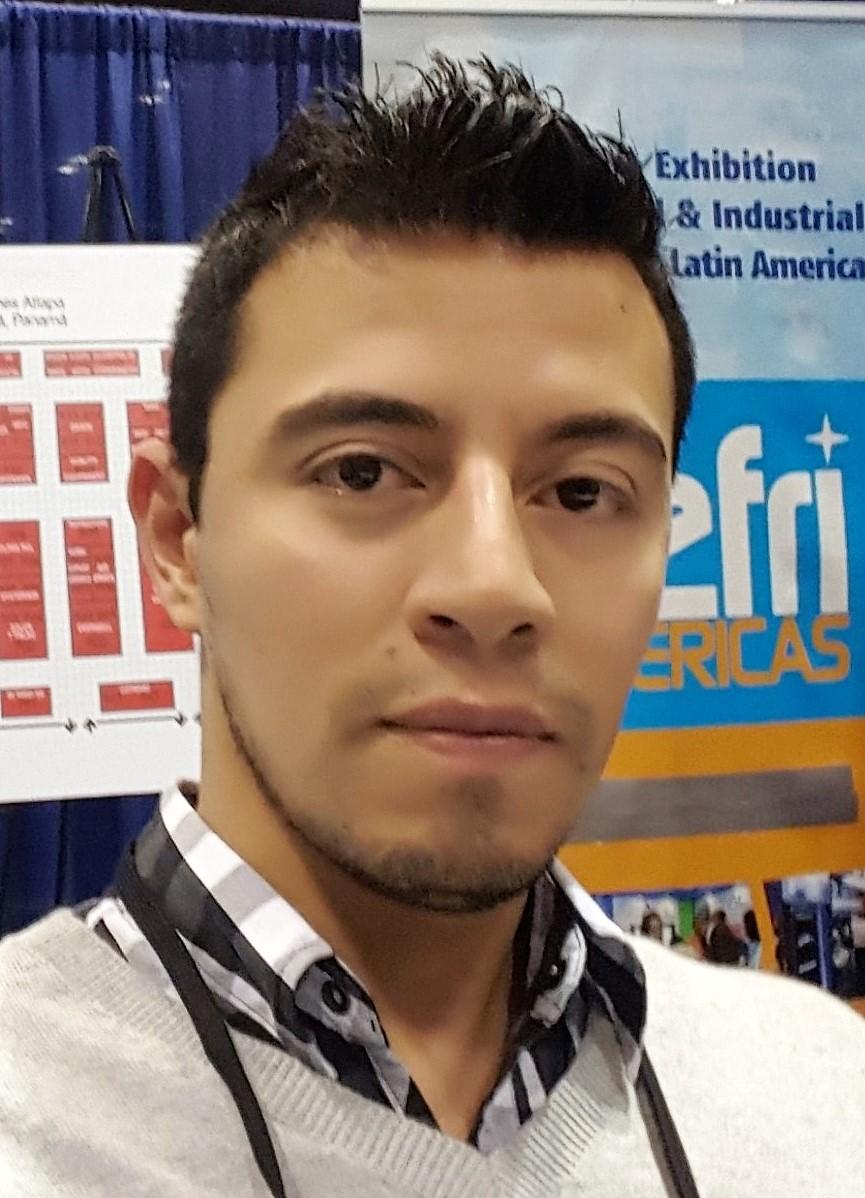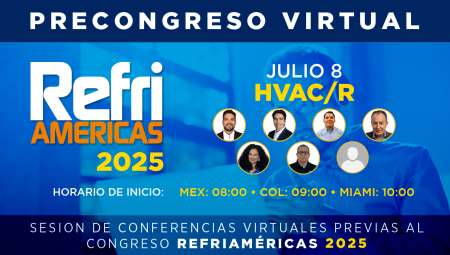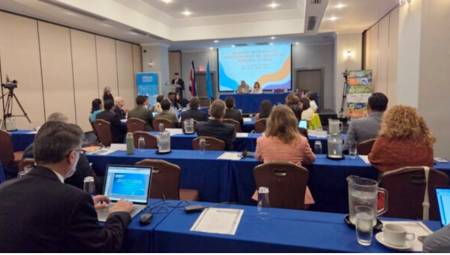 International. The world has taken an important step on the road to drastically reduce the production and consumption of potent greenhouse gases known as HFCs and limit global warming, with the Kigali Amendment to the Montreal Protocol on Substances that Deplete the Ozone Layer that entered into force on January 1, 2019.
International. The world has taken an important step on the road to drastically reduce the production and consumption of potent greenhouse gases known as HFCs and limit global warming, with the Kigali Amendment to the Montreal Protocol on Substances that Deplete the Ozone Layer that entered into force on January 1, 2019.
If fully supported by governments, the private sector and citizens, the Kigali Amendment will prevent up to 0.4°C of this century's global warming while continuing to protect the ozone layer. The amendment will contribute substantially to the objectives of the Paris Agreement.
HFCs are organic compounds frequently used as refrigerants in air conditioners and other devices as alternatives to ozone-depleting substances controlled by the Montreal Protocol. While HFCs do not deplete the ozone layer, they are extremely potent greenhouse gases with a global warming potential that can be many times higher than carbon dioxide.
The parties to the amendment have established practical agreements for its implementation, including agreements on technologies for the destruction of HFCs and new requirements and tools for data reporting. The amendment includes provisions for capacity building for developing countries, institutional strengthening and the development of national strategies to reduce HFCs and replace them with alternatives. The gradual reduction of HFCs under the Kigali Amendment may also open a window to redesign cooling equipment that is more energy efficient, further increasing climate gains.
The implementation of the new targets set out in the amendment will take place in three phases, with a group of developed countries initiating the phase-out of HFCs from 2019. Developing countries will continue with a freeze on HFC consumption levels in 2024 and with a few countries freezing consumption in 2028.
Ratified by 65 countries so far, the Kigali Amendment builds on the historical legacy of the Montreal Protocol agreed in 1987. The Protocol and its previous amendments, which require the phasing out of the production and consumption of substances that cause ozone depletion, have been universally ratified by 197 parties.
The broad support and implementation of the Montreal Protocol has led to the phase-out of more than 99 per cent of the nearly 100 ozone-depleting chemicals and has contributed significantly to climate change mitigation.
Source: United Nations Environment Programme.














